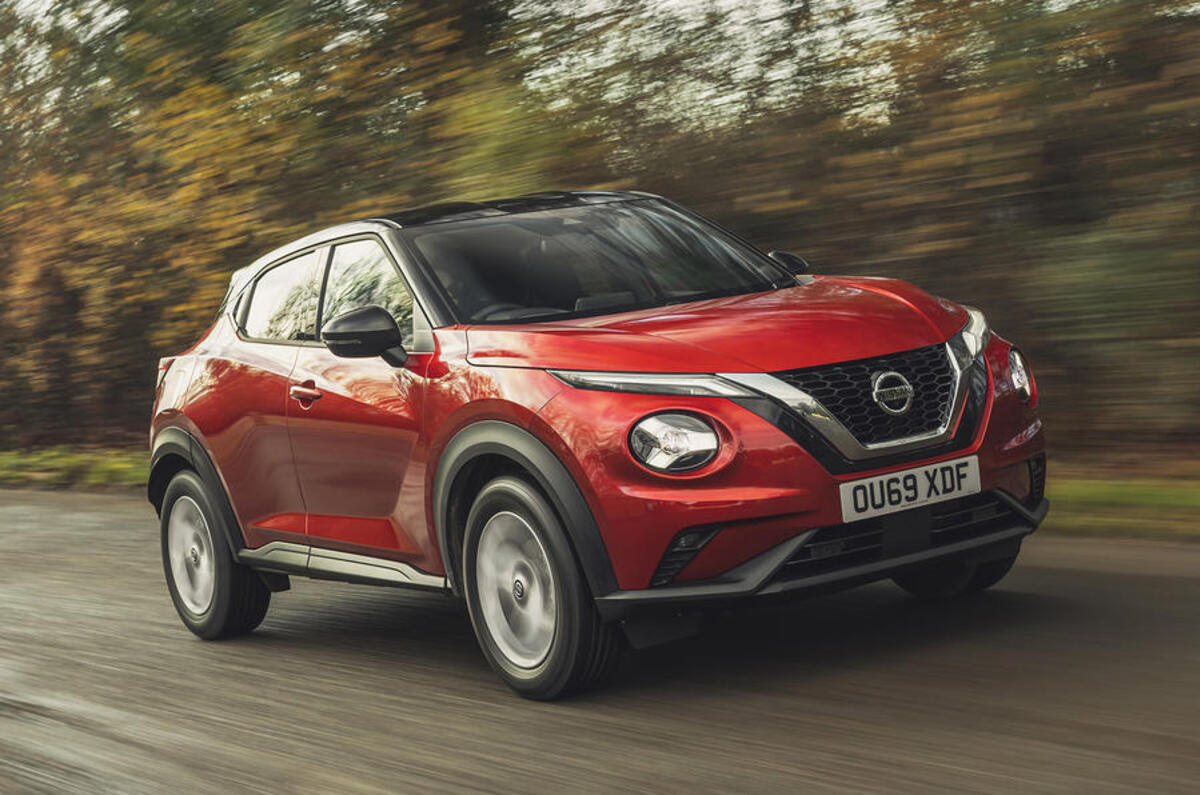UK car registrations fell for the third consecutive year in 2019, dropping 2.3% to 2.3 million cars according to preliminary figures released by the Society of Motor Manufacturers and Traders (SMMT). Following 2016’s high, registrations have now fallen 7.5% - the equivalent of 580,000 registrations across the year.
While that figure puts the UK market at a seven-year low - with 2013’s 2.26m registrations restricted by an economy emerging from recession - it is still ahead of the ten-year average, albeit with that figure skewed by the collapse of registrations to below 2.0m at the height of the recession in 2009.
Last year’s fall came despite 2018’s supply of new vehicles being severely restricted by the requirement to re-homologate them to meet new emissions regulations. Despite that artificial drop, during 2019 nine of the 12 months recorded year-on-year registrations falls.
Why did 2019’s new car registrations fall?
Private registrations fell 3%, while fleet registrations rose around 1%. Highlighting that split, SMMT chief executive Mike Hawes said the fall was chiefly down to consumer confidence being low in light of political and economic instability and public confusion over the legislative approach to Euro 6 diesels, particularly in upcoming clean air zones. While petrol registrations rose 2.3%, diesel registrations fell 21.8%, making up just over 25% of the market and falling to its lowest market share since 2003.
“Consumer confidence for big ticket items just isn’t there at the moment, and there’s clear evidence of that impacting car sales,” said Hawes. “It’s also evident that people are confused about clean air zones and whether diesels will be allowed in them. The Government approach is that they should be and that they can be part of the solution, but the situation needs clarity and to be uniformly applied - we don’t want a patchwork of regulations.”
While numerous clean air zones are planned for city centres around the UK, only Bristol has applied so far to ban all diesels, something which remains subject to Government approval.
The only sectors of the car market as defined by the SMMT to grow in 2019 were the so-called Dual Purpose category for large 4x4s, which rose 12% and the Specialist Sports Vehicles category, which rose 19.2%, boosted by the pent-up demand for the Tesla Model 3. The two largest categories, Superminis and Small Family Cars, accounted for 57% of the market but fell 6% and 4% respectively.
Electric car registration growth, but warnings over grant reduction





Join the debate
Add your comment
Don't believe the SMMT commentary
Rising SUV sales are causing the rise in CO2 emissions, not falling diesel sales. SUVs are bigger, heavier and less aerodynamic. It's just simple physics.
Also it has been well-documented that many buyers are just waiting for the right electric vehicle for their needs to become available. That's partly why sales are down. Canny buyers know that a diesel is an unsound purchase and petrol is too expensive to run. They are just waiting for the products to change.
Apologies to SMMT
I realise it was our fault for not having confidence in your products, after all there is absolutely no risk in buying new diesels, or any ICE car. I also understand that it is our fault for being fearful of the economic future of this country , as there is no reason to suggest there will be any instability at all over the next year or two. We have failed miserably in our duty to SMMT to faithfully buy at least 2.7million cars per year, each and every year.
It is categorically not your fault for pricing so many people out of the new car market, Price hikes in recent years have nothing to do with reduced sales, nor producing endless copycat cars has any effect at all. I used to love visiting showroms to compare and contrast. Now I am bored rigid by the third showroom.
I have recently decided not to buy a new car until I have a real choice of available BEV cars I can afford . Not vague promises of sometime availability, with huge waiting lists to join. No BEV available, then why not spend £30k plus on diesel instead ? No thanks.
Why rush out and buy a new
Why rush out and buy a new car if you have a diesel that’s running OK? Stick with the lower running costs until you know why the government are going to do and then buy accordingly....